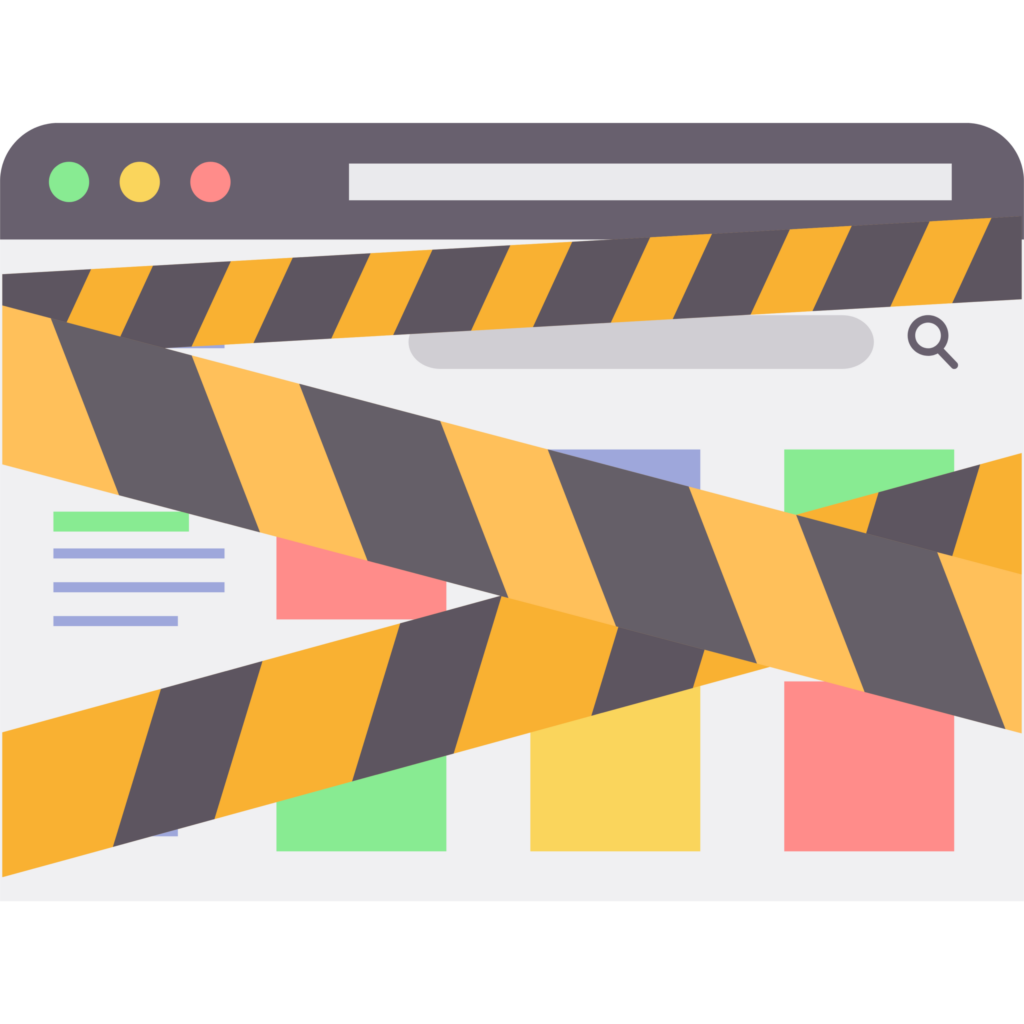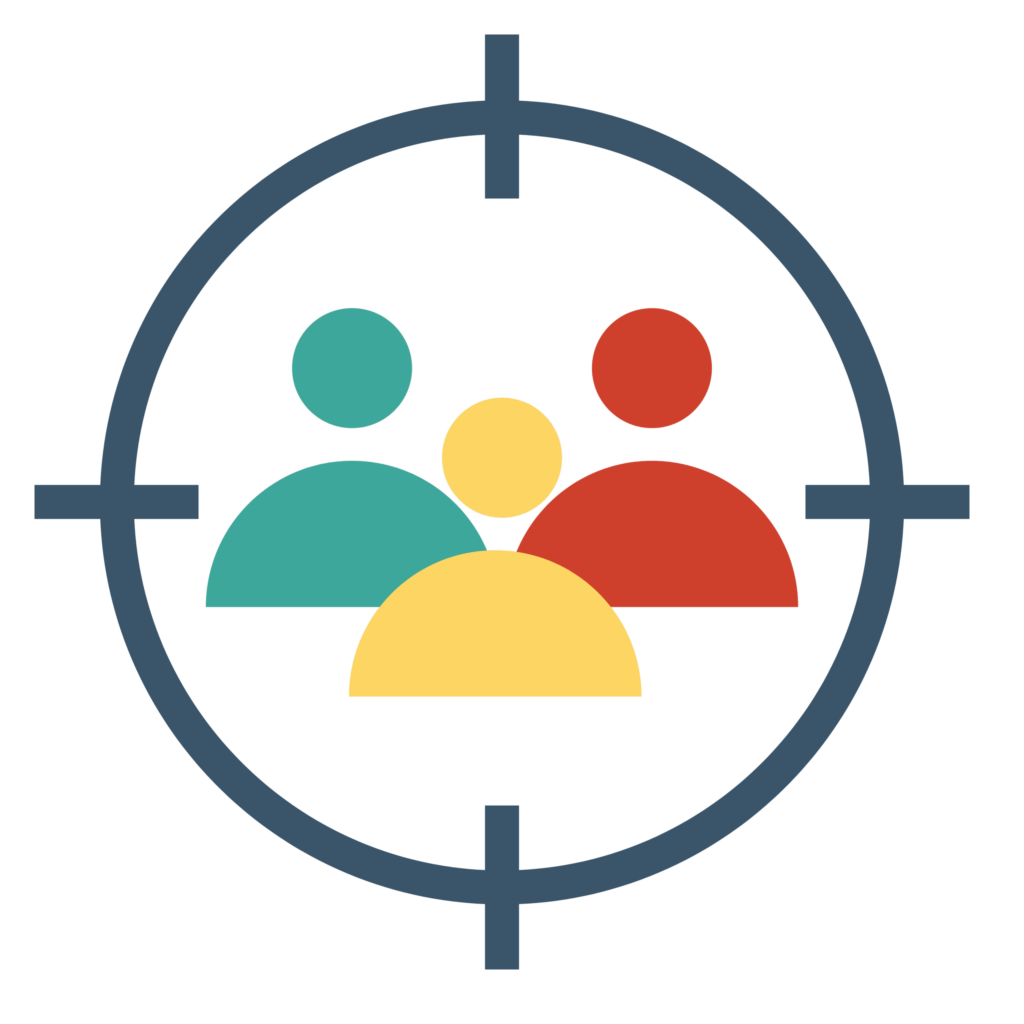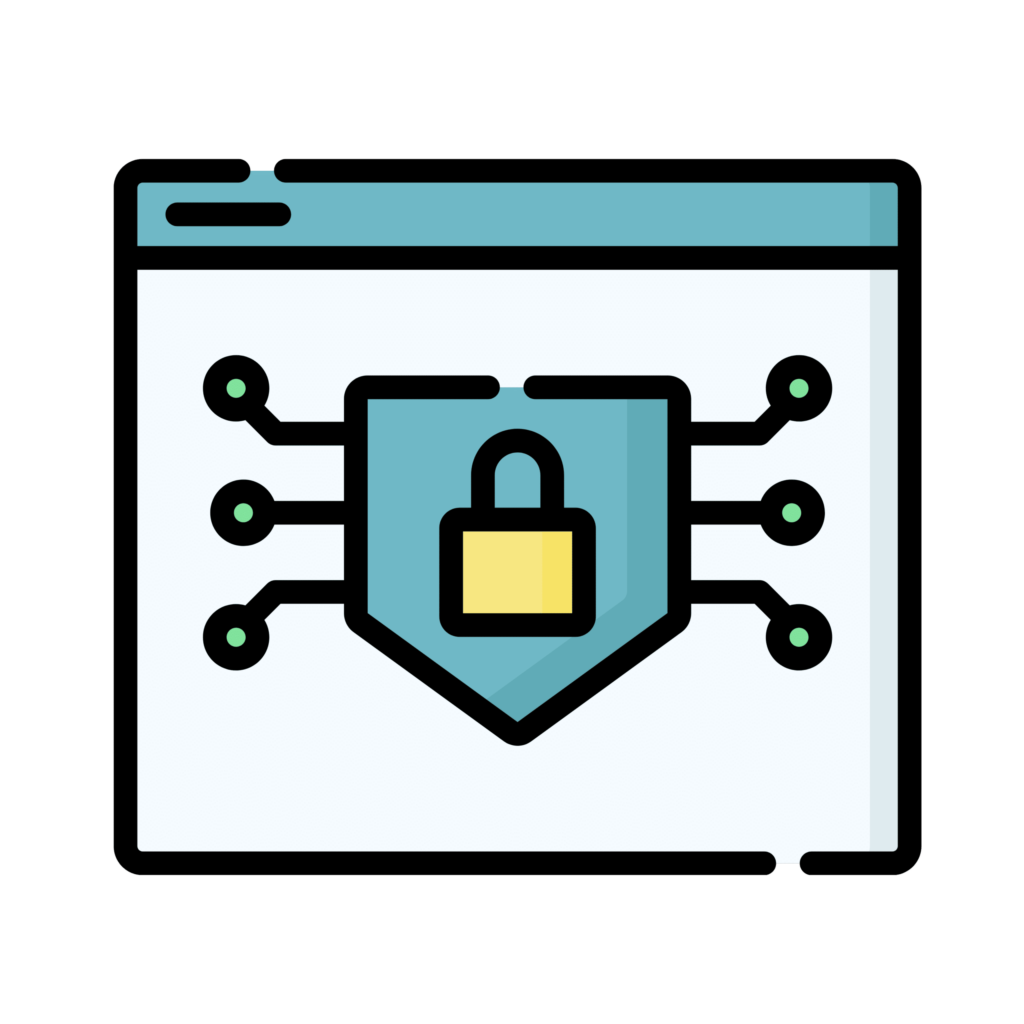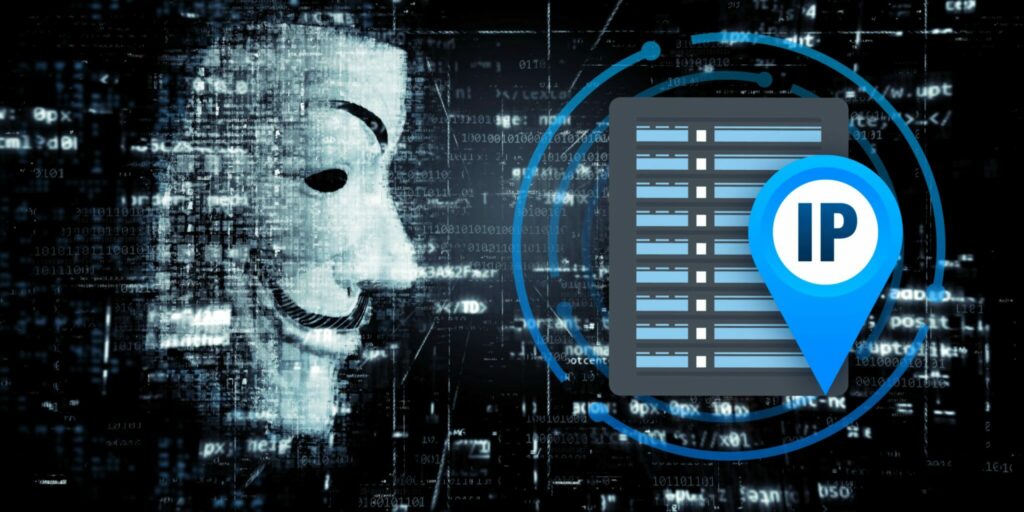Anonymous proxies hide your IP address while you browse the web. This article looks at the levels of proxy anonymity and how to use them.
We all know that the internet is a great place. Still, sometimes it can be unpleasant for users of certain kinds of services or systems, such as schools and workplaces with strict content filtering policies and firewalls that block access to some sites (e-mail addresses are blocked by default).
One way around these obstacles is to use anonymous proxies, which mask your actual IP address, allowing you to access blocked websites while keeping yourself anonymous to the people looking at your browsing history and traffic on the network.
You are probably wondering if using proxies will make you completely anonymous. Well, it depends on the type of proxies you are relying on.
Suppose your proxy is a web-based one, then yes. In that case, it does work in terms of hiding your IP address and location from the website that you visit through it because web-based proxies mask your IP address by replacing it with a random IP address from a proxy pool, thus making it look like you have another IP address or that you are visiting from another country/region altogether from where you are located at right now!
What are the levels of proxy anonymity?
The different levels of proxy anonymity are transparent proxies, anonymous proxies, and elite proxies. Let’s look at their differences.

Transparent Proxies
This is the lowest level of proxy anonymity. When you connect to a site that uses a transparent proxy, your IP address is visible to anyone who can see it in the network traffic passing through the proxy server on its way to the destination web server (or any other resources on the remote webserver).
Transparent proxies do not build an anonymity shield and show your IP address and that you are connecting via proxies. This means that your Internet Service Provider (ISP) can know exactly who you are since they have access to the logs of the proxy server provider or the server itself (if using a self-managed proxy). You can use this to identify the user on your proxy connection and possibly even block them from accessing certain websites due to their illegal activities, such as torrents or gambling sites.
Anonymous Proxies
Anonymous Proxies, also called distorting proxies, provide a degree of anonymity acceptable for many purposes. These are the next best thing if you don’t need absolute privacy online or, in some cases if your ISP blocks certain ports, and they can help reduce the risk of being tracked by ISPs through DNS leaks (more about that later).
A good example is Tor, which provides you with an encrypted connection to the Internet using multiple relays worldwide, making it harder for someone to track your activity and learn where you go and what you do online.
In this case, the proxy server sends all requests for the resource it’s serving via an encrypted connection back to the source, making it impossible for the recipient to know the identity of the request sender.
Elite Proxies
Elite proxies are also called high anonymity proxies. They provide the very highest level of anonymity. With this type of proxy, the server you connect to receives no information about your IP address. However, it does receive a piece of data called a “cookie.” It identifies you as an authorized user at that particular site or service to ensure that you don’t use it again for other sites or services without permission from the webmaster.
Benefits to using anonymous proxies.
There are many benefits to using anonymous proxies. Some of the most important benefits include privacy, security, and freedom.

Access restricted content
Some websites or pages on the internet restrict certain users. This could be because the website is for a specific company, group, or organization, and they want to restrict access to only members. It could also be that the website has some confidential or private information, and they want to make sure that only authorized personnel can view it.
There are a few different ways to access restricted content. The first is to log in or sign up as a member. If you are already a member, you use your login credentials to gain access. Another way is to find a proxy service that can help you bypass the restrictions.
Prevent targeted marketing
Most people are unaware of the sheer amount of data collected about them as they surf the web. Every move is tracked, and marketers increasingly use this data to target ads. This type of marketing is known as targeted marketing, and it can be highly effective. However, it can also be creepy and unwanted, so it’s essential to be aware of how it works and how to protect yourself from it.


Web scraping without triggering IP bans
Web scraping is the process of extracting data from websites. You can do this manually, but web scraping is often done using automated tools. While this process is beneficial, it can also result in IP bans if used indiscriminately.
There are a few ways to scrape websites without triggering IP bans. One is to use a proxy server. This will hide your IP address and make it harder for the website to track and blacklist you.
Safer browsing
Privacy is one of the biggest reasons people use anonymous proxies. When you use a proxy server, your IP address is hidden from the websites you visit. This prevents them from tracking your activity and collecting your data. Proxies also provide an extra layer of security by encrypting your traffic, making it difficult for hackers to steal your information or inject malware into your system.

How to use anonymous proxies.
Anonymous proxies are easy to use. You can plug them into your system manually using the command prompt or through a user-friendly interface. If you have a proxy package with us, the setup is quick, and managing your proxy settings is straightforward. IPBurger proxies come with a free browser extension and your own personal Proxy Management Dashboard.
Find out more about what kind of proxies you need and how to use them in our blog.
Tired of being blocked and banned?
Get the free guide that will show you exactly how to use proxies to avoid blocks, bans, and captchas in your business.
Send Me The Free Guide Now!



